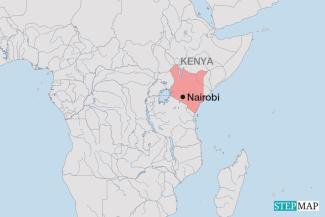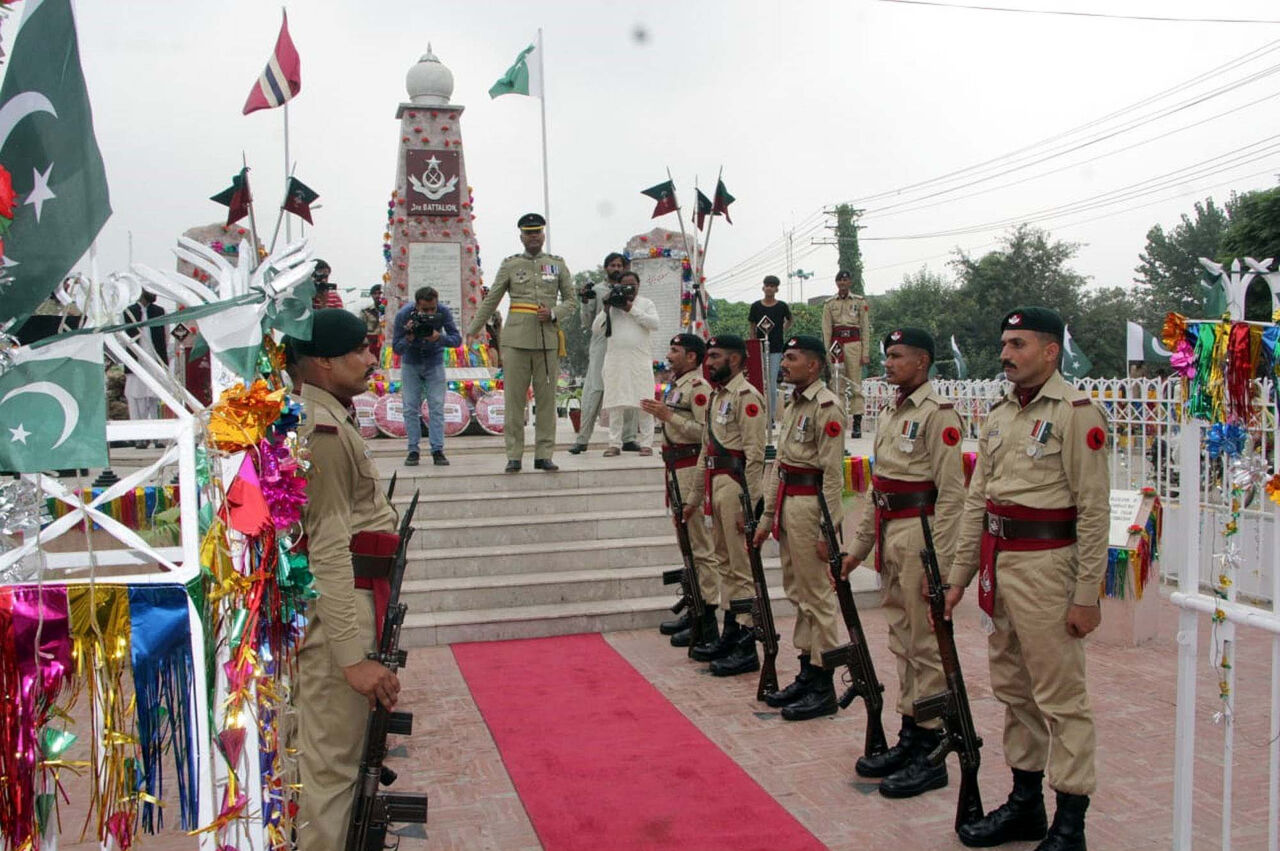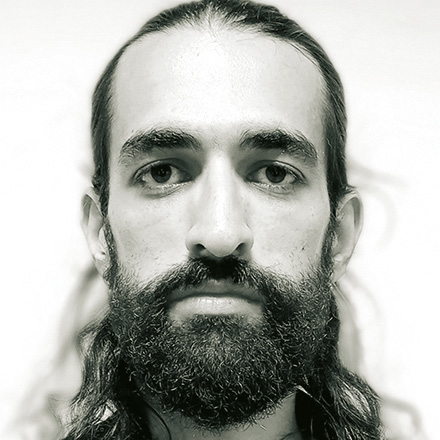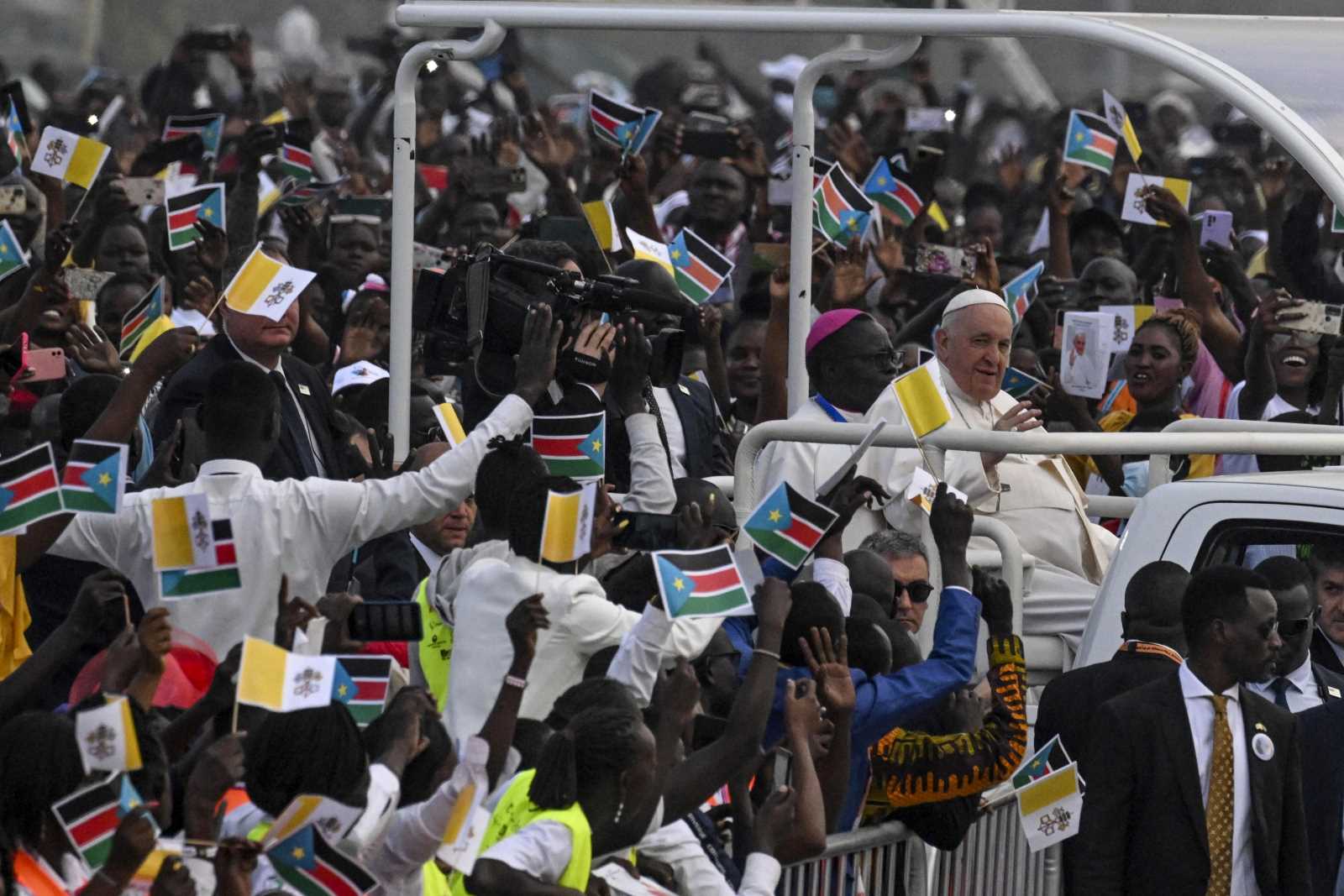Religion
Religious cult claims lives of gullible followers in Kenya

Pastor Paul Mackenzie of the “Good news international church” rose to popularity after it came to light that he had taken advantage of hundreds of believers at his church to coax them into fasting which caused their death. He thereafter buried the dead in a forest near the coastal resort town of Malindi. More than 200 people had been confirmed dead, most of them buried in secret graves in the expansive forest.
The debacle has shocked the nation and left many wondering how such abominable crimes could be committed in the name of religion without state intervention. Moreover, this is not the first time that cult activities have resulted into such gross consequences. Previous incidents include the March 2002 killing of over 20 people in Nairobi by members of the outlawed Mungiki sect and the 2006 doomsday hoax by a cult in Mauche.
Paul Mackenzie used the same old tricks to take advantage of a gullible following. He tricked his congregation into selling off their property and cutting ties with their families, careers and other social networks. Members of his church were further forbidden from taking their children to school.
“The church was loved by many of those who used to congregate there,” Titus Katana, an ex-follower of Mackenzie’s church, says. “We felt like we saw God in that church. But it came to a point when too many rules were introduced.”
Social activists argue that the occurrence of cults like these, which go on unchecked, is an indictment of state failure to address fundamental human needs and provide adequate social protections particularly to the poor. High incidences of poverty create a large pool of desperate people who are easily taken advantage of by such unscrupulous people and groups like Mackenzie’s.
Martha Wangari, a member of the Kenyan parliament, admits that the proliferation of religious formations points to a weakness of oversight by the relevant state bodies. “Every day, there’s a new church springing up somewhere,” she says. “I don’t even think they register correctly. People are using church teachings to exploit Kenyans and to lure them to their graves.”
However, whereas the state has been put in the spotlight, questions arise on how the state can sanction religious activities without running the risk of undermining constitutionally guaranteed freedom of conscience, religion, belief and opinion.
Wangari argues that because “the state has a duty to protect the citizenry when freedoms are abused,” then it can use this power to exert more control in how such religious institutions run their affairs. Without this, cult leaders will continue to emerge as they seek to take advantage of desperate followers for personal gain.
There are calls for the government in Kenya to amend laws to better define cultic groups as well as assist former cult members to take legal action for any violations. There is also need for rehabilitation programmes to take care of survivors and victims of such cults.
Joseph Maina is a freelance writer based in Naivasha, Kenya.
mainajoseph166@gmail.com












